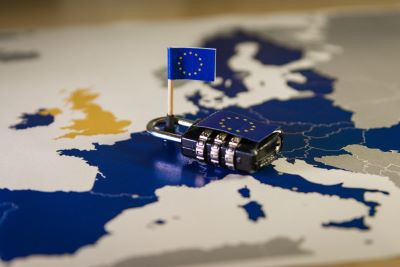
Personal information handling organizations are bound by these laws that ensure transparency, accountability, and respect for individuals’ privacy.
Data protection in the UK is mainly regulated by the Data Protection Act 2018 (DPA 2018), which is its primary legislation. A solid data protection framework is established by adopting GDPR provisions into UK law. For companies operating in the United Kingdom, compliance with DPA regulations is mandatory. The act includes specific guidelines for data transfers between countries of the EU and Britain.
The basic principles and concepts outlined in these laws must be comprehended by organizations and DPOs for them to comply effectively. Organizations that comply with legal mandates can foster trust among individuals while reducing risks and avoiding associated penalties.
A Data Protection Officer’s (DPO) critical responsibility is to ensure organizations comply with data protection laws and protect individuals’ privacy rights.
A focal point for data protection matters is the DPO, a designated individual within an organization. The DPO serves as an autonomous consultant who ensures adherence to data protection laws while also cultivating a culture that emphasizes privacy within the organization.
To sum up, ensuring compliance with data protection laws and protecting individuals’ privacy rights are critical responsibilities of a Data Protection Officer. DPOs act as privacy advisors, monitors, and advocates within organizations. A solid data protection framework can be established by organizations by understanding the obligations and importance of the DPO role. A culture that prioritizes privacy and trust may result from this.